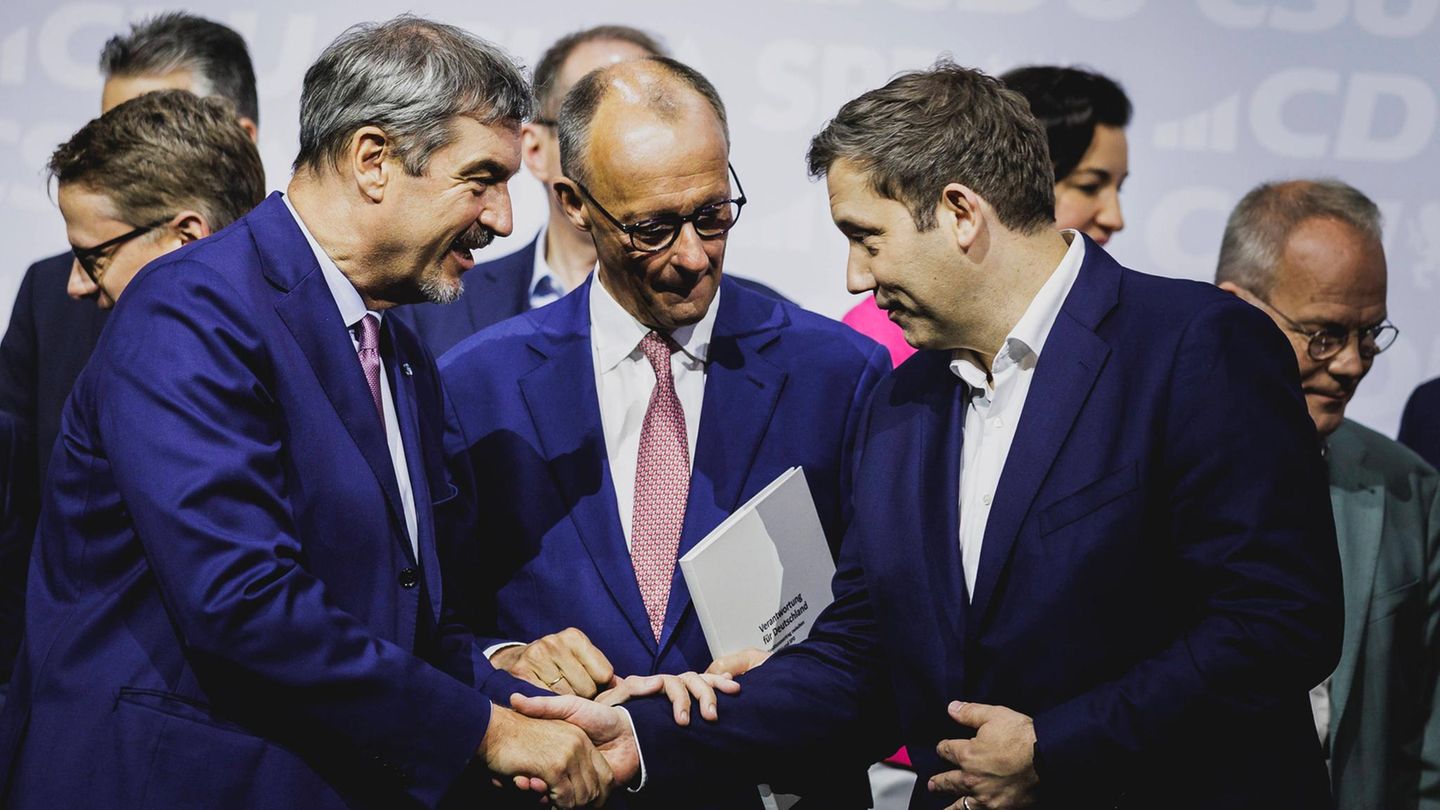In an increasingly competitive labor market, companies seeking to attract and retain talent face the challenge of understanding what do they value really their teams, beyond the salary.
Specialized studies indicate that 75% of the current workforce is made up of Millennials and Centennials who are very likely to change jobs frequently. And for these reasons, companies anywhere in the world, of any size and industry They face a great challenge in retaining talent.
In this framework, the benefits and rewards They play a key role, since they operate as one of the extra salary incentives to retain staff.
According to data provided by Happiera platform that offers rewards services for company staff, Large companies invest in these types of incentives an average monthly amount of $35,500. Meanwhile, SMEs invest $28,900, also on average.
Regarding the preferred items when redeeming prizes, the information presented by the company highlights that more than 70% of collaborators prefer to allocate them to categories such as delivery applications, service stations, supermarkets, entertainment and clothing.
Meanwhile, experiences are chosen by more than 20% of employees, leaning towards options such as gastronomy, which concentrates 53% of preferences, followed by getaways with 18%, wellness with 11%, shows with 8%, adventure with 7% and options to enjoy with the family.
The growing use of digital platforms to manage incentives is transforming the employee experience, while emotional well-being It is positioned as a key indicator of organizational success in a work environment increasingly oriented toward balance and satisfaction.
Thus, the offer of B2B services for human resources areas It is a trend that is becoming more marked.
The Argentine company Maslowwhose partners include the founder of Taringa, Matías Botbol, works along the same lines as Happier, which in turn is a brand of fanbag, the experience gifting platform.
Maslow collected data on the market in which these types of companies compete that offer solutions for Human Resources departments seeking to retain their talents and keep them satisfied.
For example, it details that 92% of Millennials – born between the early 80s and late 90s – and 90% of Centennials – late 90s to early 2010s – are thinking about changing jobsaccording to a survey conducted by LinkedIn.
According to the study Talent Trends Latam 2024 from the specialized recruiting services company for professionals Michael Page, 57% of talents who returned to the office after the pandemic are actively seeking employment and feel dissatisfied with their current roles (64%).
It also highlights that currently, two out of every five candidates in Latin America They prioritize well-being over professional career, Brazil being the country with the highest average (56%), Argentina with the middle (41%) and Mexico the lowest (36%), indicates the report by Michael Page.
“Human Resources teams recognize that employees need extra incentives in addition to their salary,” explained Mercedes Cerino, Account Manager at Happier.
“In our company, data becomes a strategic tool to build well-being policies that really matter. We focus on measuring and optimizing collaborators’ interaction with the platform continuously, to discover what users want and maximize recognition and well-being; in addition to anticipating consumer trends,” explains Ricardo Sarni, CEO of Happier.
Source: Ambito




